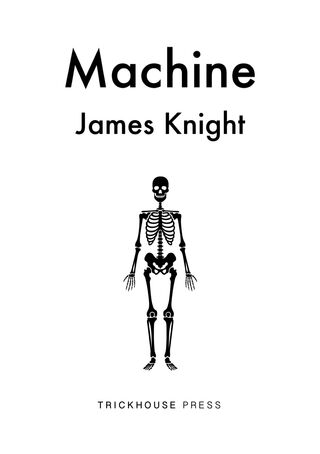Genetics
The Meme Machine's DNA Spells Free Expression
Our selfish genes determine our freedom and offer new inspiration for poets.
Posted September 3, 2020
A common error people make when thinking about genetics is that DNA is deterministic in a robotic way. But how could it be when people often experience doubt, ambivalence, and conflict about what to do? Surely, if genes determined behaviour the way digital codes determine the actions of machines like spot-welders on car production lines, this could not be so. On the contrary, we would always act automatically and immediately—or just not act at all. Never would we be found to dither, hesitate, or agonize about what to do.

In previous posts, I have pointed out that, if we are indeed biological machines, or even robots, we are self-determining ones, and that free will is a reality bequeathed to us by the DNA which built our brains to make difficult decisions for which natural selection could not legislate in advance. To this extent, DNA determines choice and imposes free will upon us. Those who make the right decisions will leave copies of the DNA that enabled them to do so; those that don’t, won’t. According to the selfish gene view, natural selection is as simple as that!
In The Selfish Gene, Richard Dawkins proposed memes as the mental equivalents of genes. The diametric model makes much the same point, arguing that the mechanistic universe embodied in our DNA, brains, and bodies has a parallel in the mental one enshrined in thought, feeling, and expression. Indeed, recently I argued that the diametric model could become the basis for a completely new kind of literary theory. But now a just-published book of poems from a new poetry press raises this issue in a way which is both poetic and graphic (above; for more on the author, click here).
In previous posts, I argued that genetics is a new form of literacy comparable to reading The Bible and subject to similar expectations and difficulties where interpretation is concerned. But clearly, you can put it the other way round and read texts like the poetic/graphic one illustrated as expressions of DNA. Indeed, this is exactly what Machine is all about, and as such is part of a new genre of imaginative writing which takes inspiration from the new genetic literacy and incorporates it into the canon of modern literature.
Furthermore, a cultural equivalent of natural selection applies here: Works that successfully exploit the new genetic literacy are likely to be copied in all manner of ways. Indeed, to this extent the propagation of DNA-derived memes gives a profound integrity to poems like Machine: DNA expressed not just in the poet's brain, but in his poem. In fact, you could see such works as epiphanies of epigenetics rightly understood as a term derived from epigenesis and denoting the expression of genes in both body and mind, population, and culture.
Just as DNA determines true human freedom, choice, and responsibility for our own actions, so the new genetic literacy will give poets, writers, and artists the freedom to extend the language of mentalism into new dialects of expression only just emerging in wonderful works like this.


